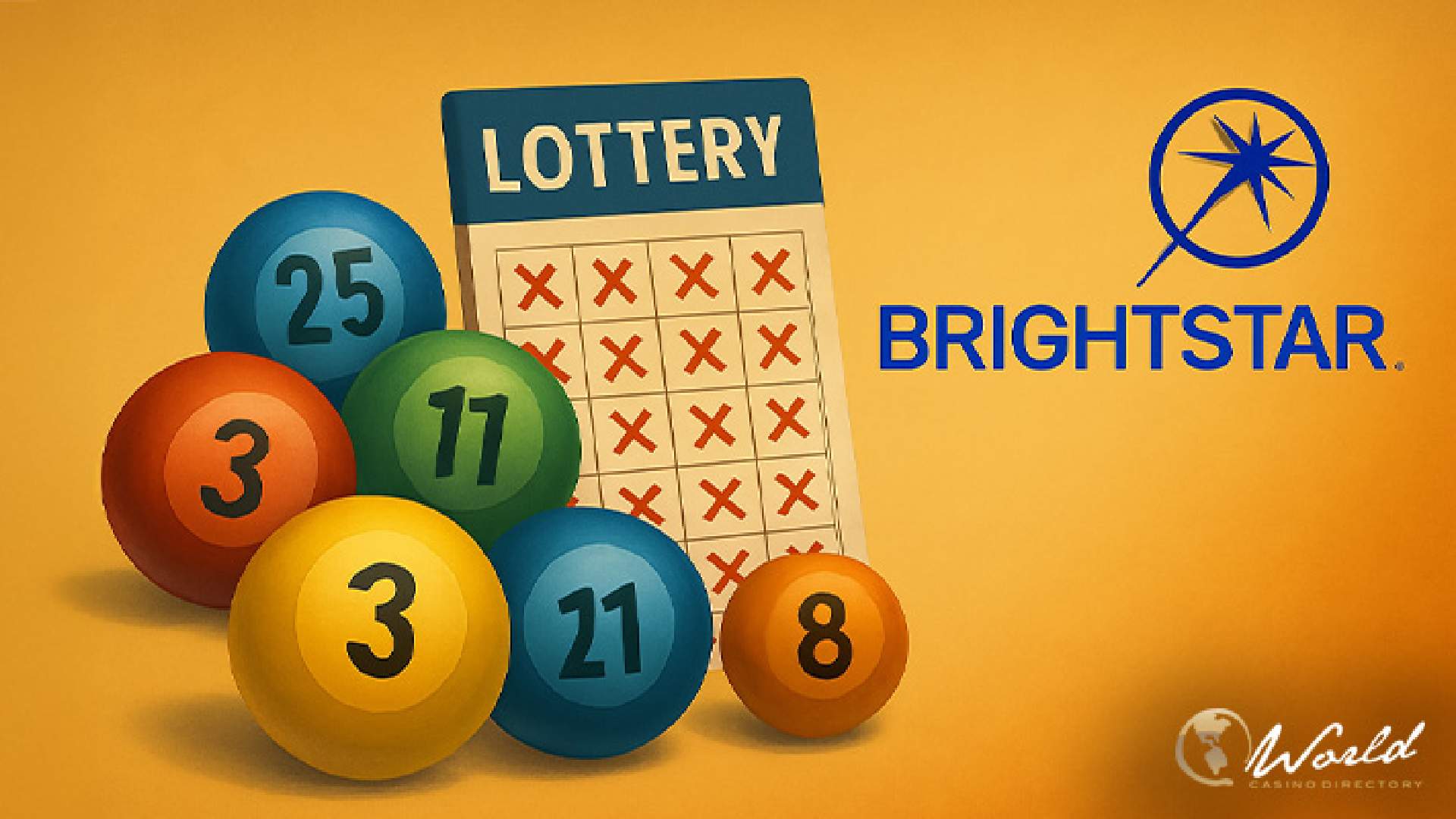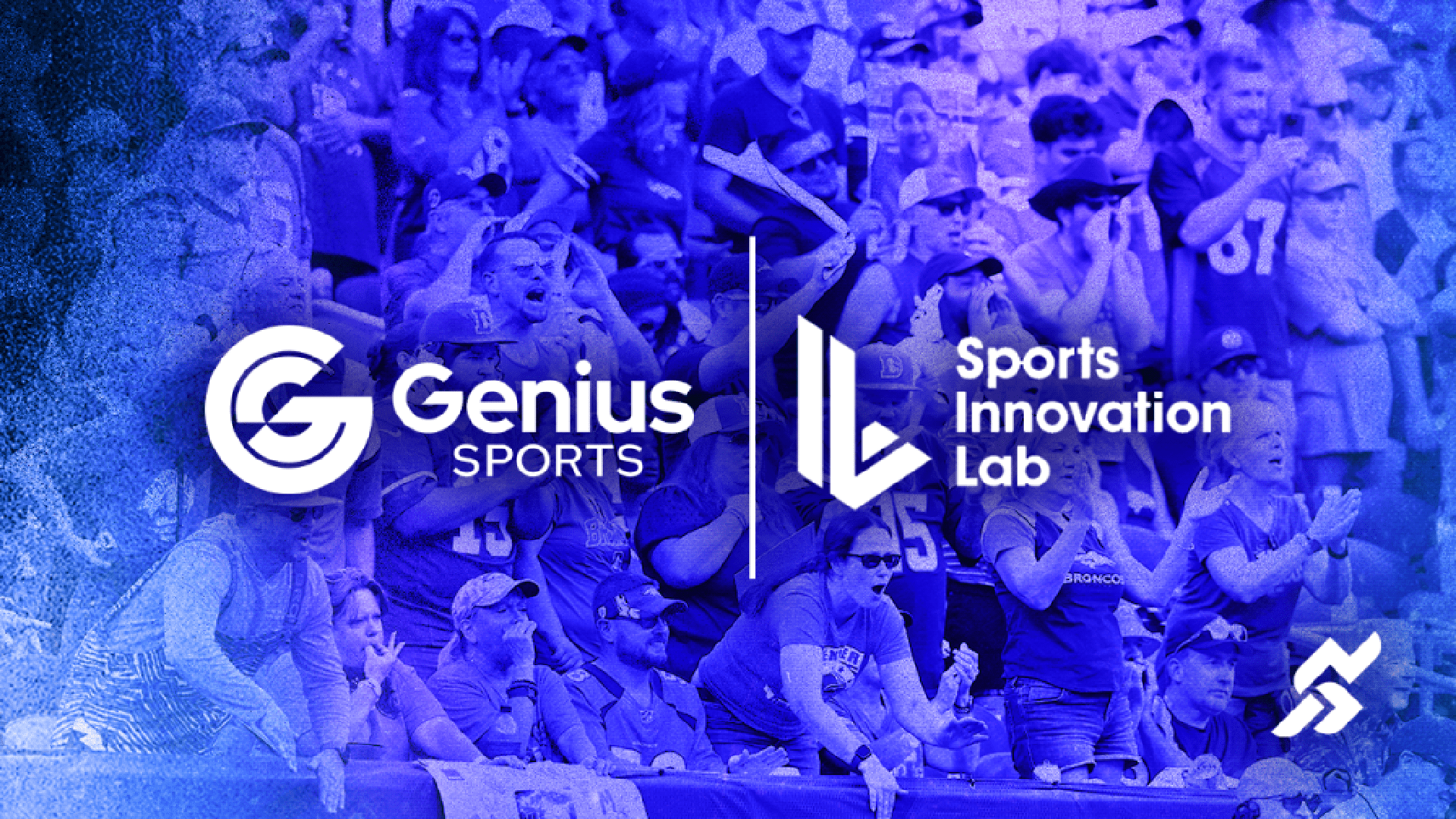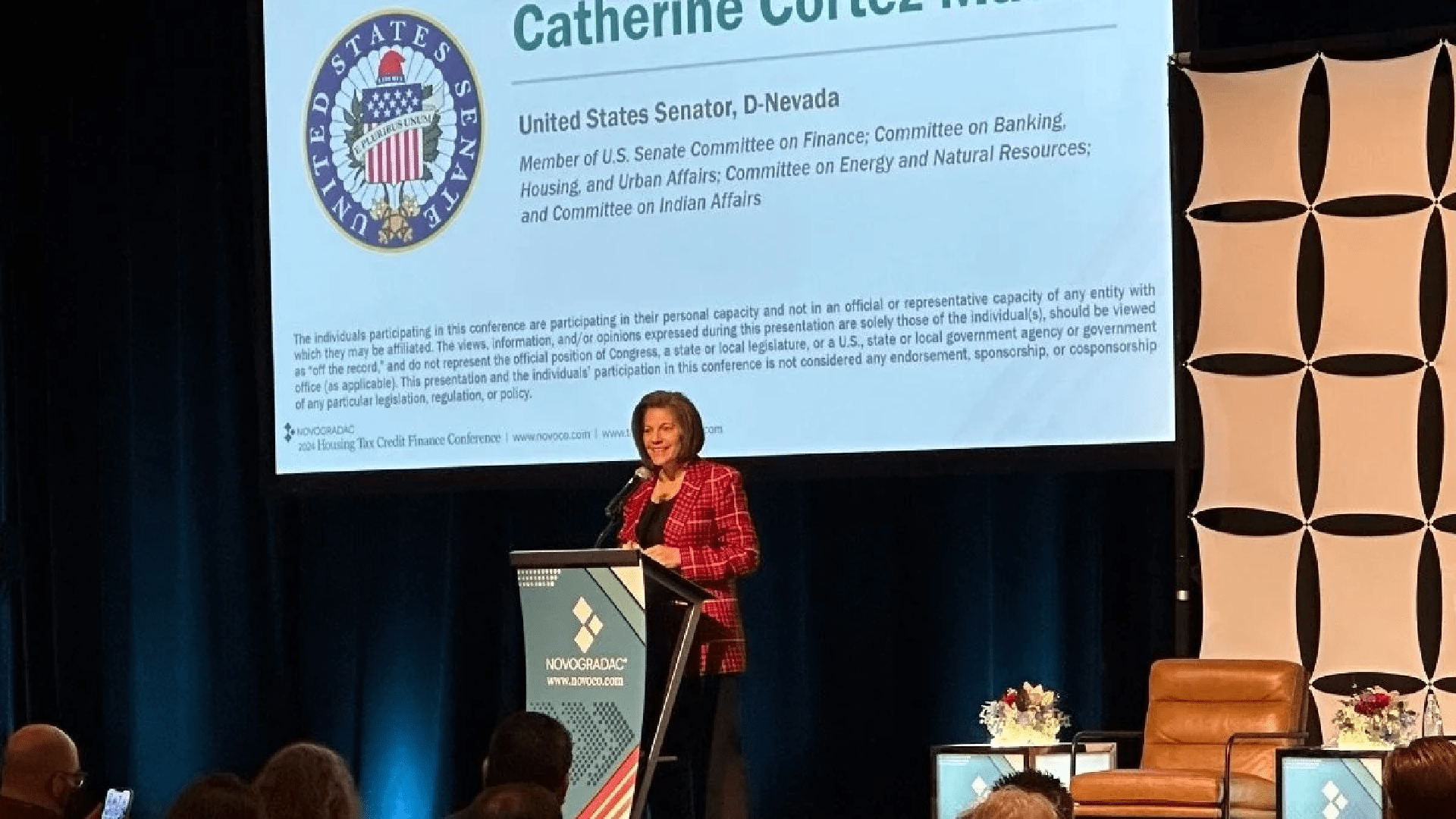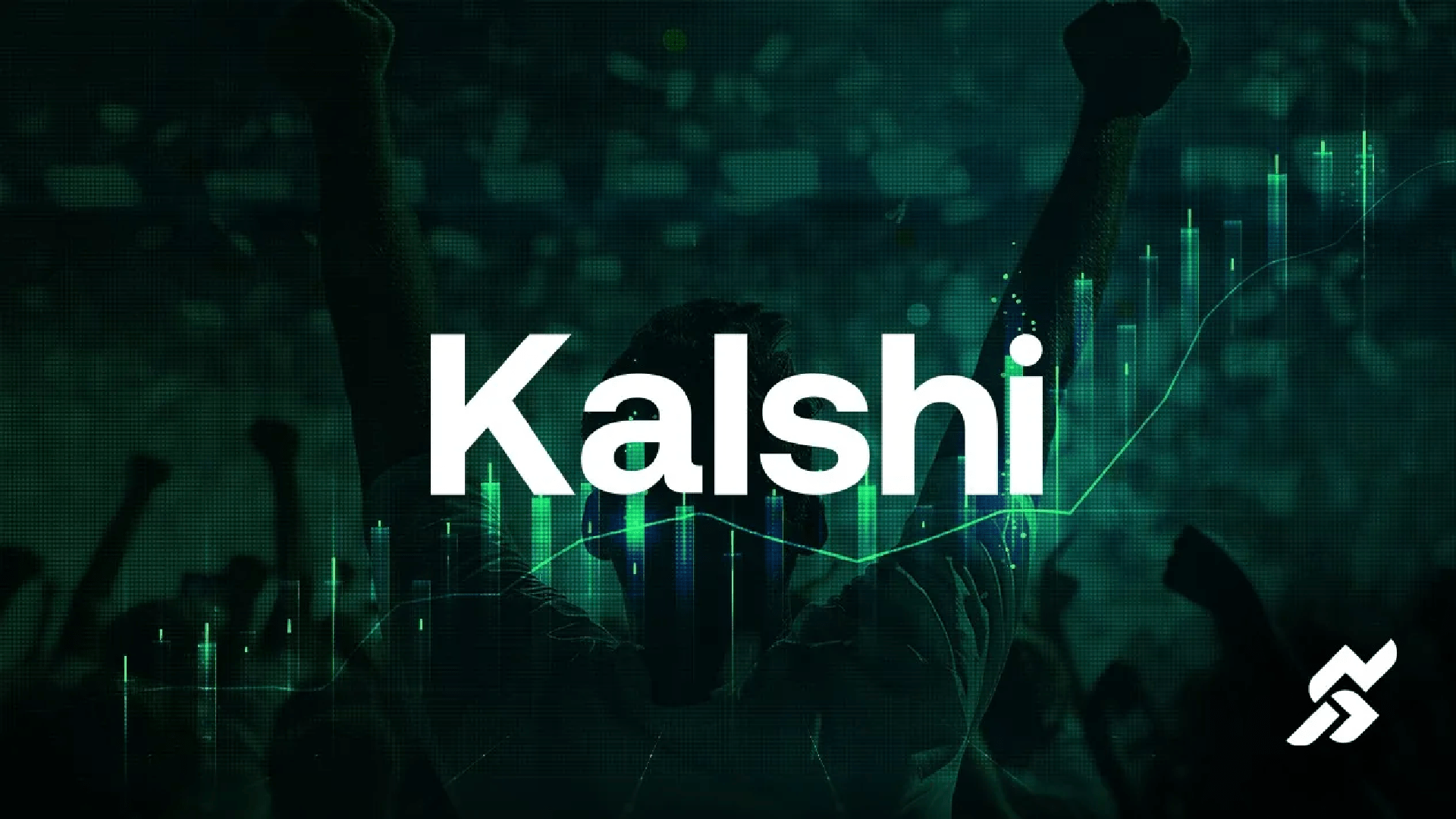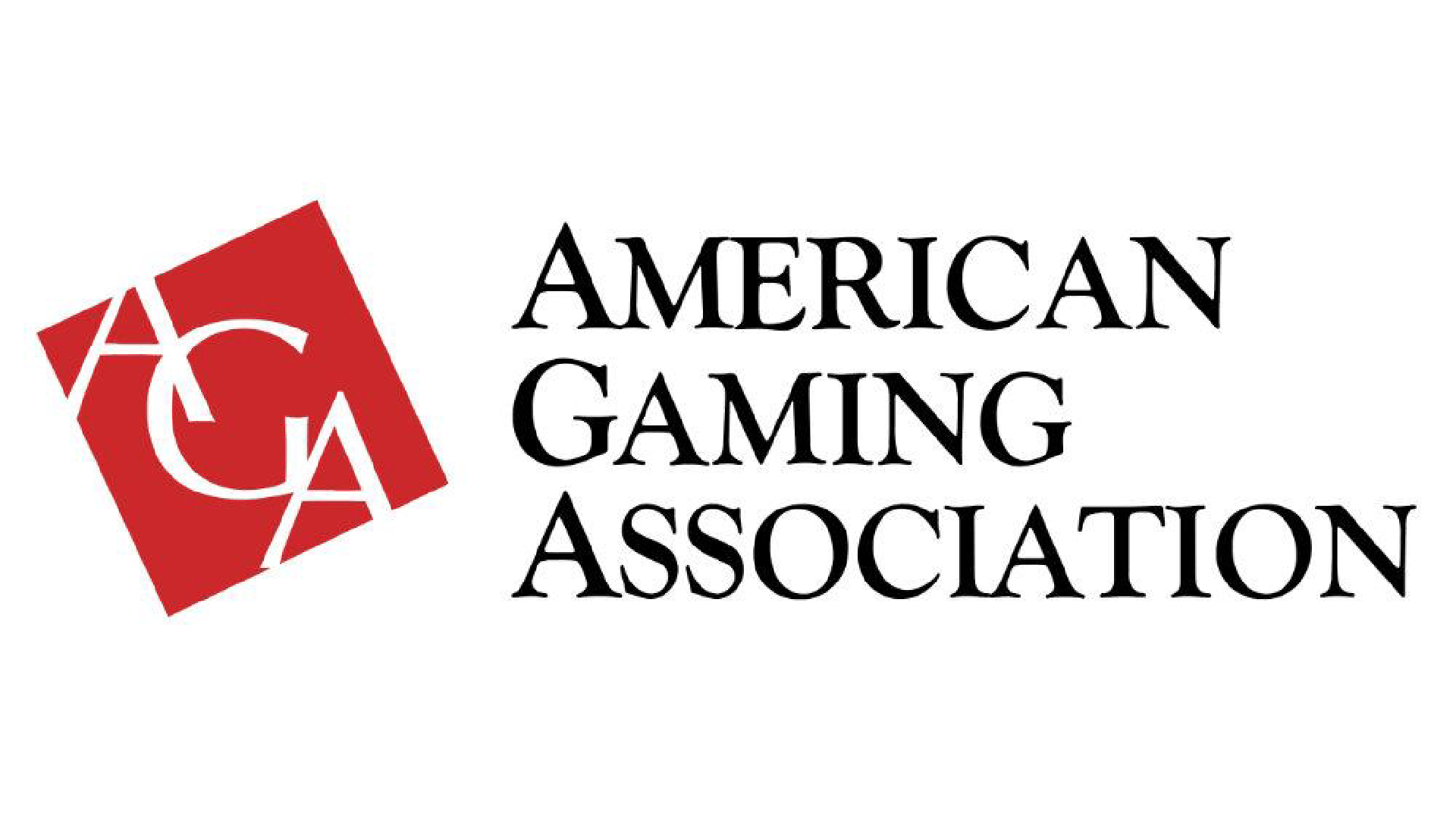Fanatics Mulling Equity Sale to Staffers at Discounted $25B Valuation
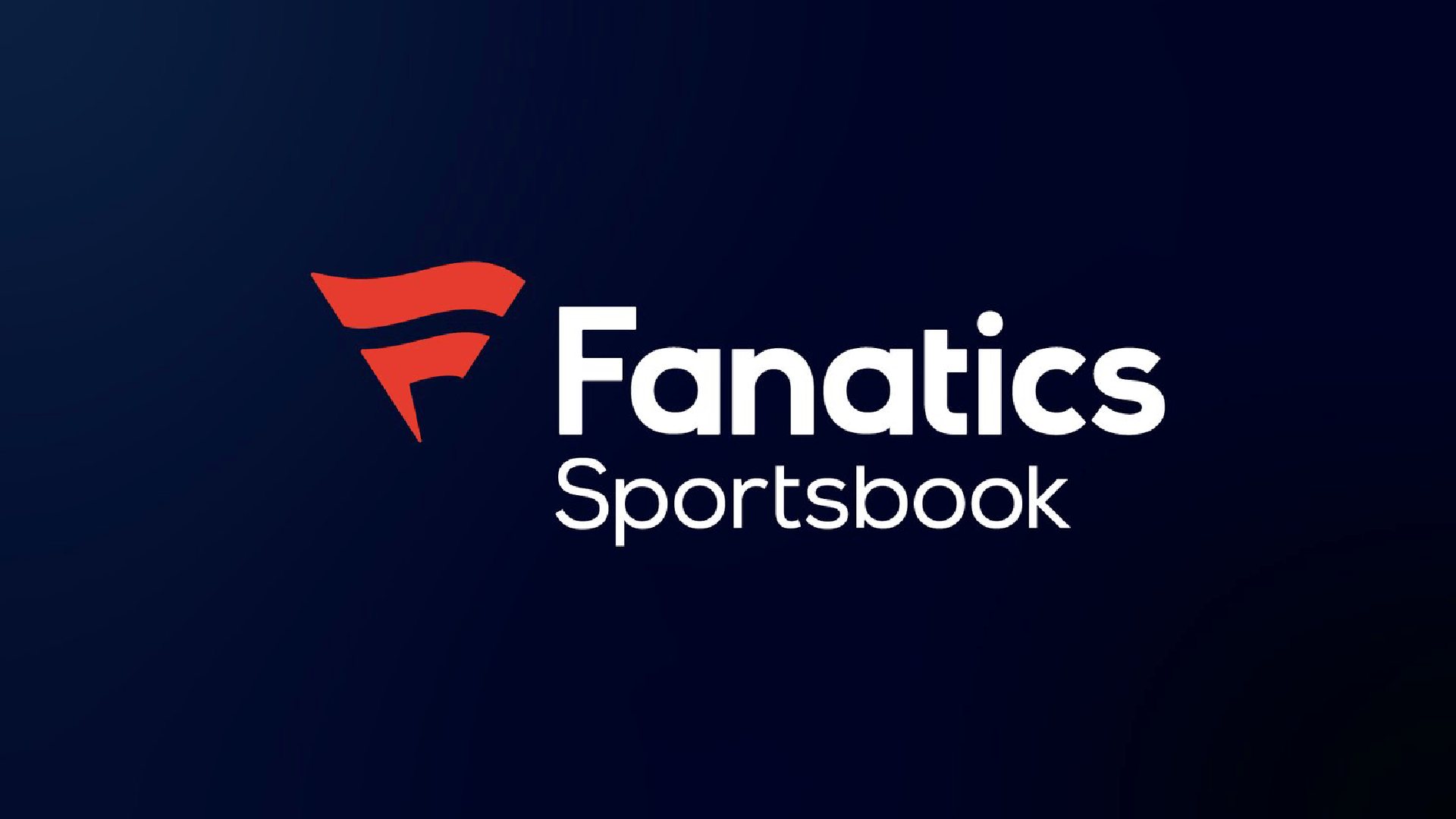
Fanatics is said to be looking into offering equity to employees with a valuation of $25 billion, significantly lower than the $31 billion valuation the company received after a funding round in December 2022.
Bloomberg reported Wednesday, citing unnamed sources close to the situation, that the privately held Fanatics is considering selling shares valued between $75 million and $100 million to its employees. A Fanatics representative informed Bloomberg that selling stock to employees would provide them with some liquidity. No mention was made of when a decision would be made.
The news came out around two months after speculation arose that Chairman and CEO Michael Rubin was thinking about selling $1 billion of his ownership in the company. Fanatics rejected that speculation, and no transaction of that kind has occurred. Established in 1995, Fanatics is projected to achieve $8 billion in sales this year, marking a 15% rise from 2023.
Postponed IPO Might Be the Reason for Fanatics' Equity Sale
Even though the company hasn't explicitly stated it as the reason for contemplating the sale of stock to employees, Fanatics' choice to stay private longer than some analysts anticipated might influence the employee tender.
Speculations about a potential initial public offering (IPO) by the parent company of Fanatics Betting & Gaming have been circulating since early 2022, when the company had a valuation of $27 billion. Shortly after, it was clear that 2022 would not be the year the company would launch its IPO. The next year, excitement circulated that an IPO was imminent, especially after the company conducted an investor day and appointed Deborah Crawford as senior vice president, leading investor relations. Crawford worked for ten years in a comparable position at Facebook's parent company, Meta Platforms.
Nonetheless, 2023 passed by while Fanatics stayed privately owned. With a little over three months left in 2024, it seems improbable that the company will become public this year.
Fanatics includes the four major U.S. sports leagues — Major League Baseball (MLB), the NBA, the NFL, and the NHL — as well as Major League Soccer (MLS) in its roster of investors. Additional investors comprise Silver Lake, SoftBank, BlackRock, Fidelity, and MSD Partners, an investment entity governed by Dell founder Michael Dell.
The Significance of an Equity Sale for Fanatics Employees
Fanatics isn’t the only one choosing to stay private. Numerous sizable privately owned companies, also known as "unicorns," are staying private for extended periods to obtain higher valuations prior to their public offerings. Along with Fanatics, Plaid, and Stripe, several others are included in that category.
Choosing to remain private for an extended period can hinder employees from capitalizing on their equity, as the usual method for doing so occurs post-IPO; however, there are options available for employees wishing to sell stock in a private firm. This includes a secondary transaction, although that choice has certain disadvantages.
“A secondary transaction that’s not facilitated by the company is a complex process that takes a lot of time. It can also cost upwards of 5% of your gross proceeds, and may not get you the best price for your stock,” according to Carta.


